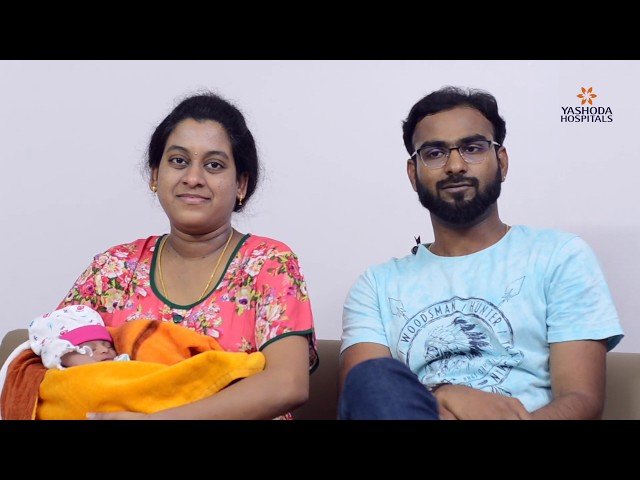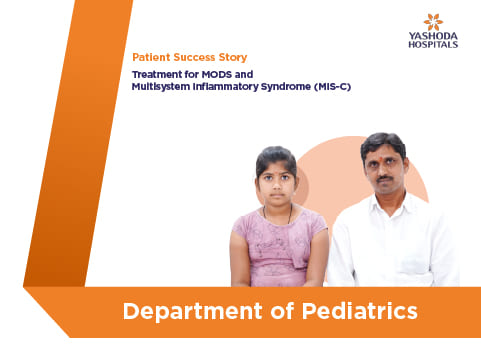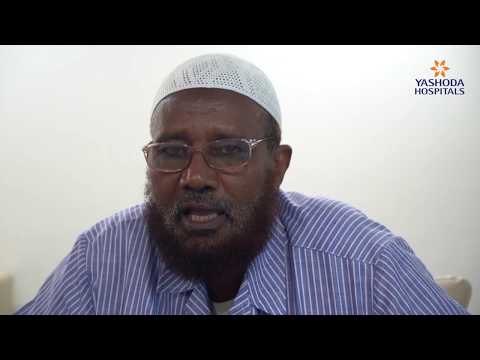- 24/7 Appointment Helpline
- International
- Home
- About
- News
- Locations
- Specialities
- Arthroscopy & Sports Medicine
- General Medicine
- General Surgery
- Pain Management
- Bariatric Surgery
- Gynaecology
- Pediatrics
- Pediatric Surgery
- Cancer (Oncology)
- Radiation Oncology
- Heart & Lung Transplant
- Physiotherapy
- Cardiology
- Hematology & BMT
- Plastic Surgery
- Critical Care
- Interventional Radiology
- Pulmonology
- CT Surgery
- Kidney Transplant
- Radiology
- Dermatology
- Liver Transplant
- Rheumatology
- Emergency Services
- Robotic Science
- Endocrinology
- Multiorgan Transplant
- Spine Surgery
- ENT
- Head & Neck Cancer
- Nephrology
- Neurosciences
- Lung Transplant & Thoracic Surgery
- Medical Gastroenterology
- Surgical Gastroenterology
- Nuclear Medicine
- Urology
- Orthopaedics
- Ophthalmology
- Vascular Surgery
- Pancreas Transplant
- International Patient
- Patient Info
- Blog
- 914045674567 – 24/7 Helpline
- 04066000066 – International
- Home
- Specialities
- Arthroscopy & Sports Medicine
- Bariatric Surgery
- Cancer (Oncology)
- Radiation Oncology
- Cardiology
- Critical Care
- CT Surgery
- Dermatology
- Emergency Services
- Endocrinology
- ENT
- Head & Neck Cancer
- Medical Gastroenterology
- Surgical Gastroenterology
- General Medicine
- General Surgery
- Gynaecology
- Heart & Lung Transplant
- Hematology & BMT
- Interventional Radiology
- Kidney Transplant
- Liver Transplant
- Multiorgan Transplant
- Nephrology
- Neurosciences
- Nuclear Medicine
- Ophthalmology
- Orthopaedics
- Pain Management
- Pediatrics
- Pediatric Surgery
- Physiotherapy
- Plastic Surgery
- Pulmonology
- Radiology
- Rheumatology
- Robotic Science
- Spine Surgery
- Lung Transplant & Thoracic Surgery
- Urology
- Vascular Surgery
- Pancreas Transplantation
- Treatments
- Procedures
- International Patients Info
- Book Doctor Appointment
- Locations
- Health Checks
- Patient Info
- Health Blog
- About Us
- News
- Reports
- Education
- Careers
- Contact Us
-

Book Doctor
Appointment -

Free Medical
Opinion -

Chat on
WhatsApp
Patient Testimonial for Surgical Excision
Testimonial by Mehan Choithwani
Dysembryoplastic neuroepithelial tumours (DNETs) are slow-growing, low-grade brain tumours that develop in the tissues covering the brain and spinal cord. DNETs are most common in people under the age of 20 and are located in the cerebrum, the part of the brain that controls thought, movement, and sensation.
The most typical sign of DNET is the presence of seizures that are difficult to control with anti-seizure medication. While each child may experience symptoms differently, depending on the size and precise location of the tumour, symptoms may vary.
Diagnostic tests include a neurological exam as well as imaging tests such as a CT scan or an MRI scan. Surgical excision to remove the tumour is the most common course of treatment. Because DNET is a benign tumour with a good prognosis, it does not require radiation or chemotherapy after surgical removal.
Mehan Choithwani, a young boy from Madhya Pradesh, successfully underwent Surgical Excision of Dysembryoplastic Neuroepithelial Tumour at Yashoda Hospitals, Hyderabad, under the supervision of Dr. K. V. Shivanand Reddy, Consultant Neurosurgeon.
Other Testimonials
Mrs. Ravali
I had a successful normal delivery with Dr. Jamuna Devi. The facilities and the...
Read more
Mrs. Ekeh Ogechi Chioma Joedicta
Hematologic malignancies, often known as blood cancers, develop when abnormal...
Read more
Mrs. Munni Devi Yadav
Knee replacement surgery also referred to as knee arthroplasty, can help...
Read more
Mr. & Mrs. Pratap and Keerthi

It was an extremely worrisome situation for me and my wife when we got tested...
Read more
B. Sravya
Multiple Organ Dysfunction Syndrome (MODS) is a severe condition characterised...
Read more
Mr. Rukikaire Jaob
Prostate cancer is the most common type of cancer in men, occurring in the...
Read more
Shiza Mirza
Extracorporeal membrane oxygenation (ECMO) is a type of life support system...
Read more
Mr. Aden Farah Hassan
Left Achilles Tendon Rupture Reconstruction: My life has taken a 180-degree...
Read more
Mr. Chetan Reddy

I am thankful to the Doctor, Physiotherapist, Dietician and staff of Yashoda...
Read more
Mr. Christopher
83 year old Mr. Christopher Besweli Kaswabuli from Uganda, started experiencing...















